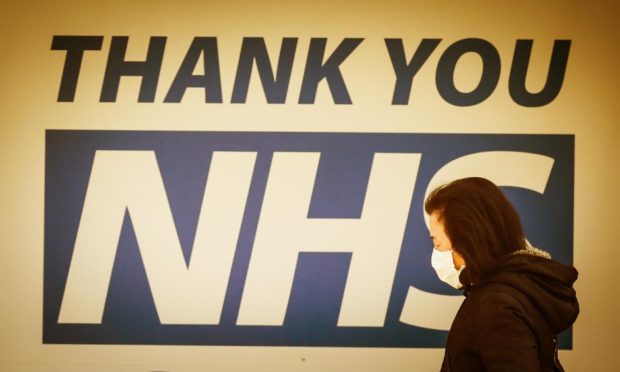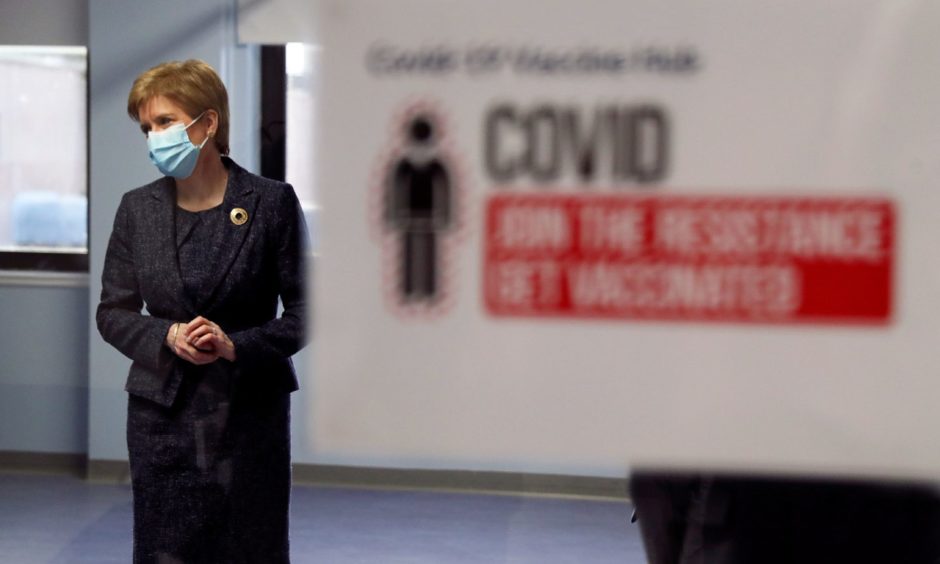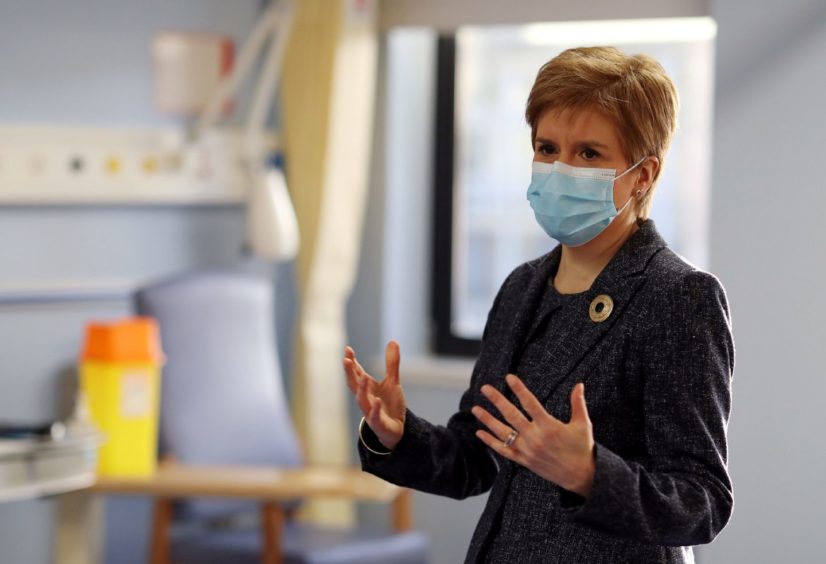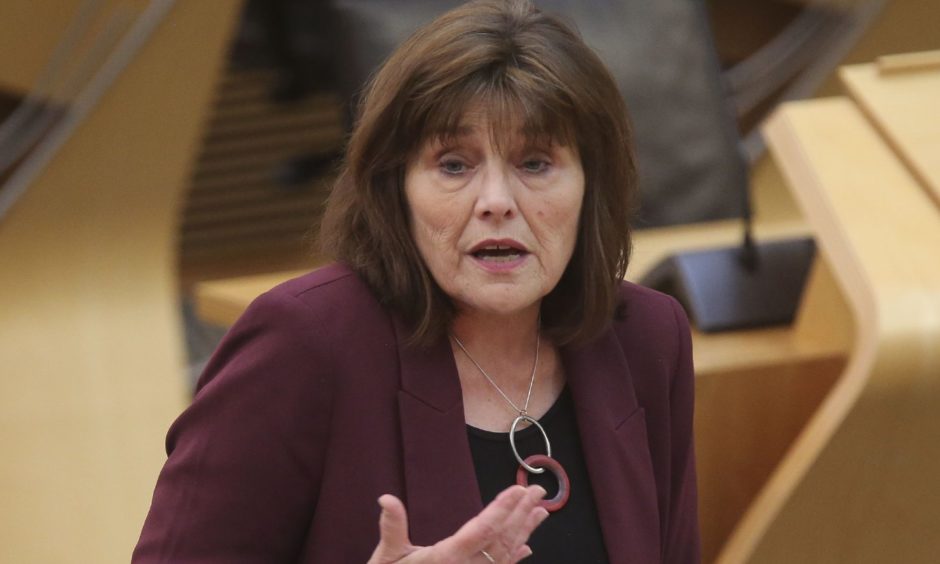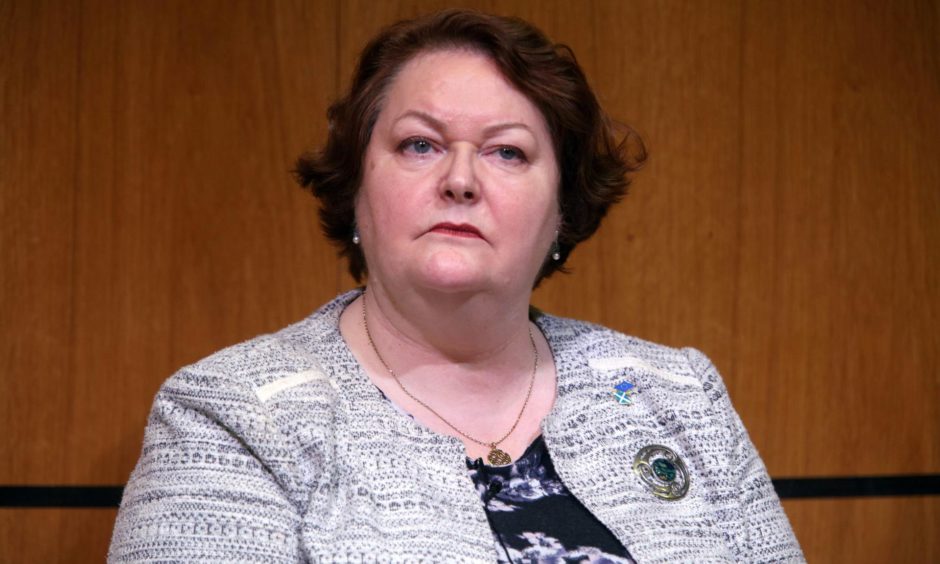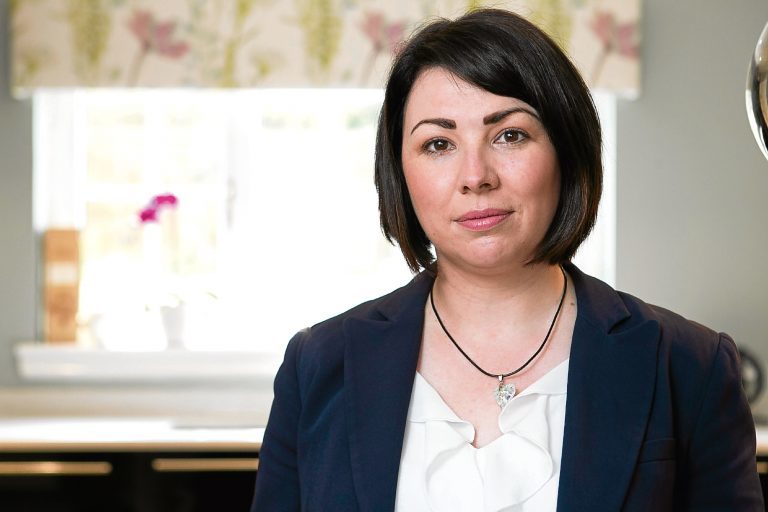Nicola Sturgeon has called for the UK Government to “get real” about the risks of a no-deal Brexit to the NHS, amid warnings that failure to reach an agreement could threaten “safe and effective” patient care.
The first minister said she is “increasingly concerned” about the prospect of the transition period coming to an end without a trade deal but confirmed Scotland has been stockpiling medicines and clinical supplies to cope with any future shortages.
Ministers have been locked in 11th-hour crunch talks with EU officials but both sides have admitted “significant differences remain”, and the chances of reaching an agreement are reportedly “on a knife edge“.
It comes as a leaked UK Government document outlining its “worst-case scenario” – a no-deal exit – revealed the flow of medicines “could initially reduce to 60 to 80% over three months which, if unmitigated, would impact on the supply of medicines and medical products across the UK”.
Health chiefs across Scotland have been preparing for possible shortages of medicines, staff and equipment for months, with NHS Tayside warning that a no-deal departure could “lead to an inability to deliver safe and effective care”.
‘Increasingly concerned’
NHS Grampian has expressed concerns that customs delays “could create disruption at ports and reduce the supply of medicines”, while NHS Highland warned a no-deal Brexit could compound the challenges of winter and the Covid-19 pandemic.
Speaking at the Scottish Government’s daily briefing on Monday, Ms Sturgeon said that even if a trade deal can be agreed in a last-minute breakthrough, ministers still anticipate disruption in the new year.
She said: “I am increasingly concerned, as I suspect many people are right now, about the prospect of the transition period ending at the end of the year with no trade deal agreed between the UK and the European Union.
“Any trade deal that is likely to be agreed at this stage is going to be quite a bare bones, minimalist agreement, so we are anticipating some disruption and inconvenience, anyway, but that clearly will be much, much worse if there is no agreement, at all.
“So I very much hope we will see breakthroughs in these talks literally over the course of today in order to be more optimistic about the prospects.
“And I think the UK Government has to get real and really understand the implications for the NHS and across the economy if there is no deal agreed.”
Health secretary Jeane Freeman said on Sunday that contingency plans drawn up by the UK Government could see doses of the Covid-19 vaccine and essential medicines transported by military planes in a bid to avoid Brexit delays.
The UK’s department of health and social care has asked medical suppliers to hold extra stock and said it is working to “help ensure continued supply of medicines and medical products to the whole of the UK at the end of the transition period”.
Ms Sturgeon confirmed a national stockpile of around 60 critical care and end-of-life medicines has been established in Scotland, along with supplies of Covid-19 treatments, medical devices and clinical consumables.
She said 88% of products are already stocked for six weeks or more, and that remaining items are on order and expected in the next few weeks. However, she said the situation would be “a lot less stressful for everybody in our NHS” if a deal can be agreed.
Medicine and staff shortages
A 34-page Brexit readiness plan drawn up by NHS Tayside, and obtained by the BBC through a Freedom of Information request, lists planning assumptions including “shortages of some medicines, particularly after the first six weeks as stocks reduce”.
The health board believes “there remains a risk that EU staff will leave the UK” and new immigration rules could make staffing issues worse.
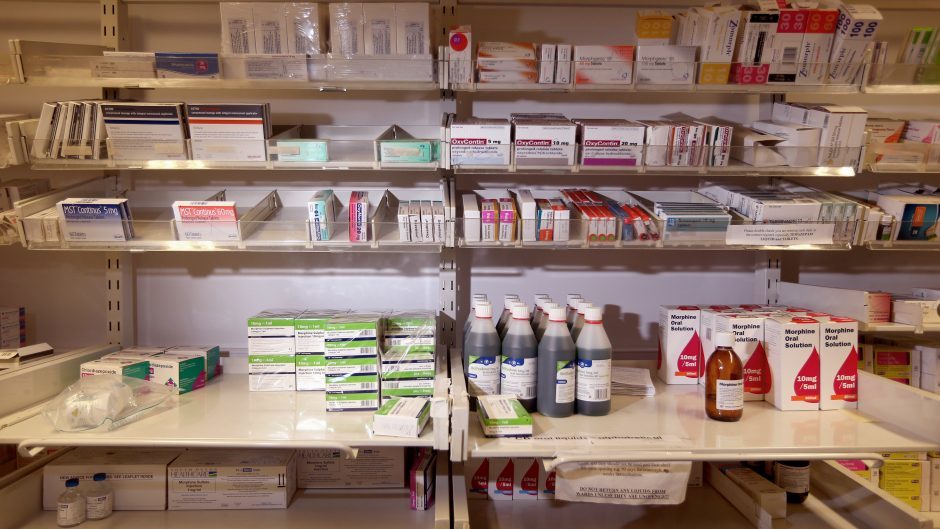
It also warned that a breakdown in trade deal talks could lead to a collapse of existing reciprocal healthcare arrangements with EU countries, meaning many patients could be forced to return home to the UK for treatment.
Similar planning documents for NHS Grampian note medicine supply shortages unrelated to Brexit were already becoming increasingly common under the strains placed on the global supply chain by coronavirus.
But the health board is concerned that a reduction in the value of the pound could negatively impact on the choice and price of certain materials.
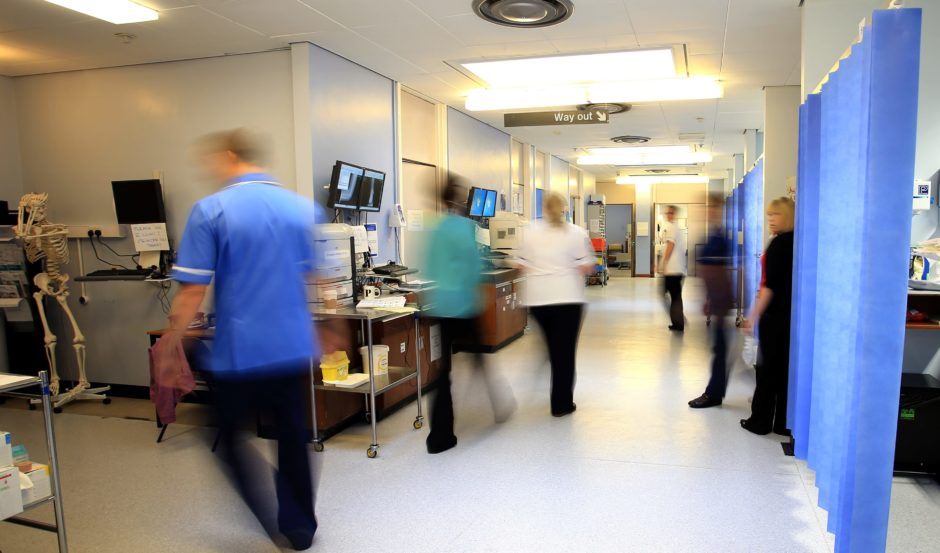
NHS National Services anticipates “disruption if significant volumes of freight arrive at the border without completing the correct formalities”. In a report in October, it said it expect to be able to “manage supply chain risks effectively”.
NHS Orkney staff will attend a national EU exit planning event on Thursday but NHS Western Isles has made “no updated assessment” of the likely impact, while NHS Shetland said plans in place prior to the pandemic are only now being revisited.
All three boards have been working with NHS Highland and local authorities on resilience planning across the Highlands and islands.
A critical moment
Cabinet Office minister Penny Mordaunt told the House of Commons the UK and EU are entering a “critical moment in the negotiations”.
Ms Mordaunt said the UK was prepared to walk away from negotiations if the EU could not “find compromises”, adding that the only way a deal would be possible is if it is “compatible with our sovereignty and takes back control of our country’s trade waters”.
Dr Philippa Whitford, the SNP’s Brexit spokeswoman at Westminster, said the UK Government is set to impose a “low or no-deal Brexit” that its own analysis found “would hit the flow of medicines and medical supplies”.
“This is the height of irresponsibility and shows that even in the middle of a pandemic and recession, the Tories are prioritising the interests of their party ahead of the interests of the nations of the UK,” she said.
Scottish Labour health spokeswoman Monica Lennon said any potential shortage of medicines due to Brexit delays was “hugely worrying”.
“The NHS is already struggling due to Covid-19, and patients can’t afford any more unnecessary disruption,” she said.
“I’ve previously raised questions in Parliament, asking for reassurance over medicine supplies, and both the UK and the Scottish Government need to act to ensure access to healthcare can continue uninterrupted.”
